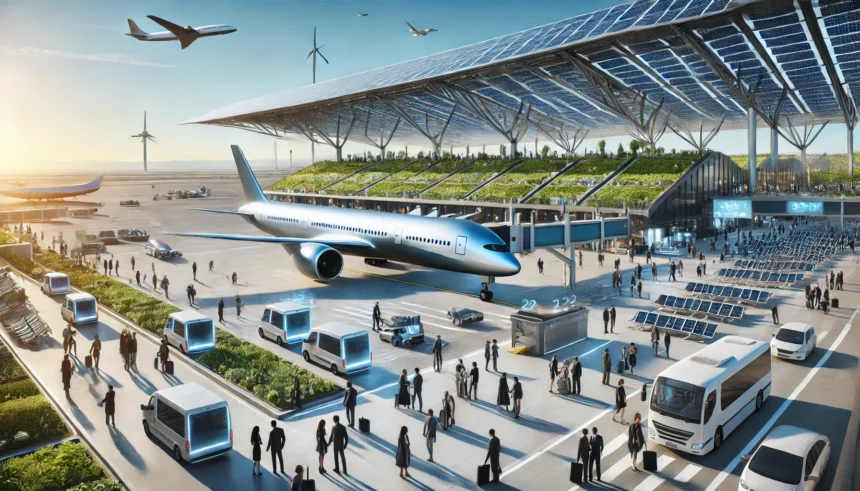The Push for Zero-Emission Aircraft in Aviation
Current Measures Fall Short
According to a recent report by the International Council on Clean Transportation (ICCT), the aviation industry’s reliance on sustainable aviation fuel (SAF) will not suffice to meet the 2050 net-zero emissions target. The report emphasizes the necessity for aircraft manufacturers like Airbus and Boeing to focus on developing zero-emission aircraft within the next decade to achieve these environmental goals.
The Urgency for Net-Zero Aircraft
The ICCT’s analysis points out that all aircraft entering service post-2035 must operate with net-zero emissions throughout their lifespan to align with the 2050 target. This stark outlook is based on factors like the long operational life of jets and the current pace of SAF consumption, which alone, despite reducing emissions by over half, won’t achieve net-zero status.
Challenges and Opportunities Ahead
The report stresses the need for a dramatic increase in investment towards zero-emission technologies, such as hydrogen or electric propulsion systems. While Airbus and Boeing have made commitments to enable their fleets to use 100% SAF by 2030, the overall effectiveness and availability of SAF remain concerns, especially with its high costs and limited production posing significant challenges.
Manufacturers’ Response to the Demand
Despite the urgent call for innovation, major aircraft manufacturers have yet to commit fully to developing zero-emission models. Upcoming aircraft designs are expected to rely on conventional, fuel-burning engines, with only modest efficiency improvements projected. Airbus has explored hydrogen-powered aircraft possibilities, but these would be smaller and not directly replace their current mainline jets.
Market Forecast and Environmental Impact
The need for zero-emission aircraft is underscored by forecasts predicting the global aircraft fleet will double by 2043. This growth, if not managed with new, cleaner technologies, could significantly exacerbate aviation’s environmental impact. The ICCT’s report concludes with a call for immediate action from manufacturers to meet the looming demand for up to 14,500 zero-emission aircraft over the next two decades.
Explore More:
This report serves as a crucial reminder of the significant technological advancements needed in the aviation industry to combat climate change effectively.
















